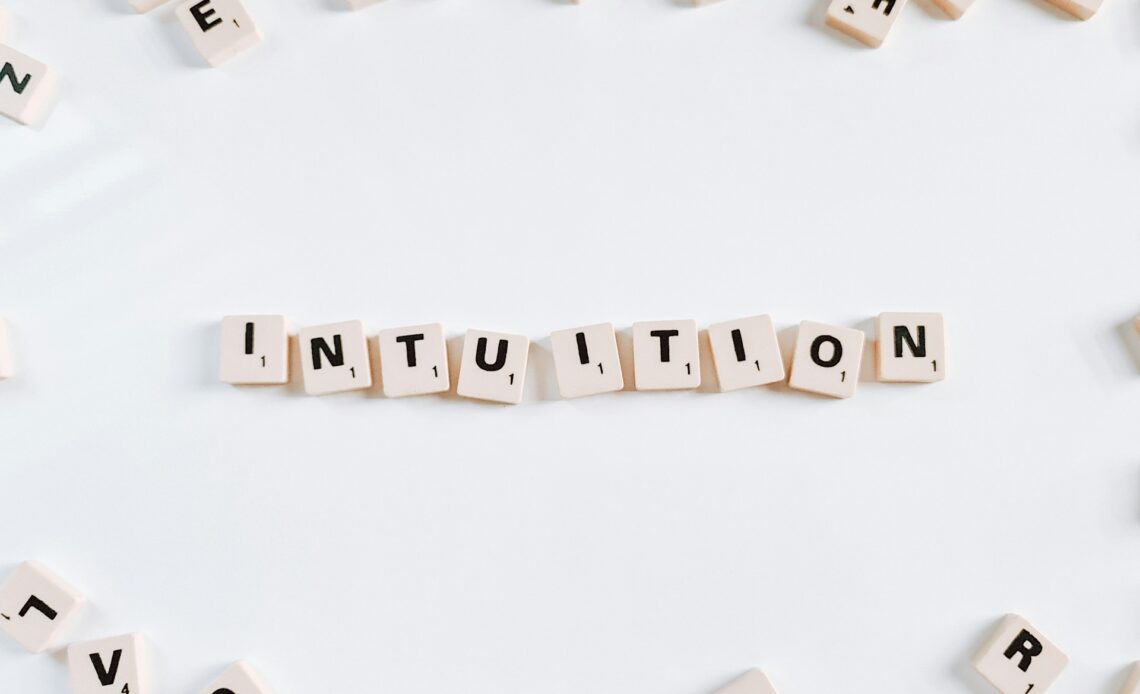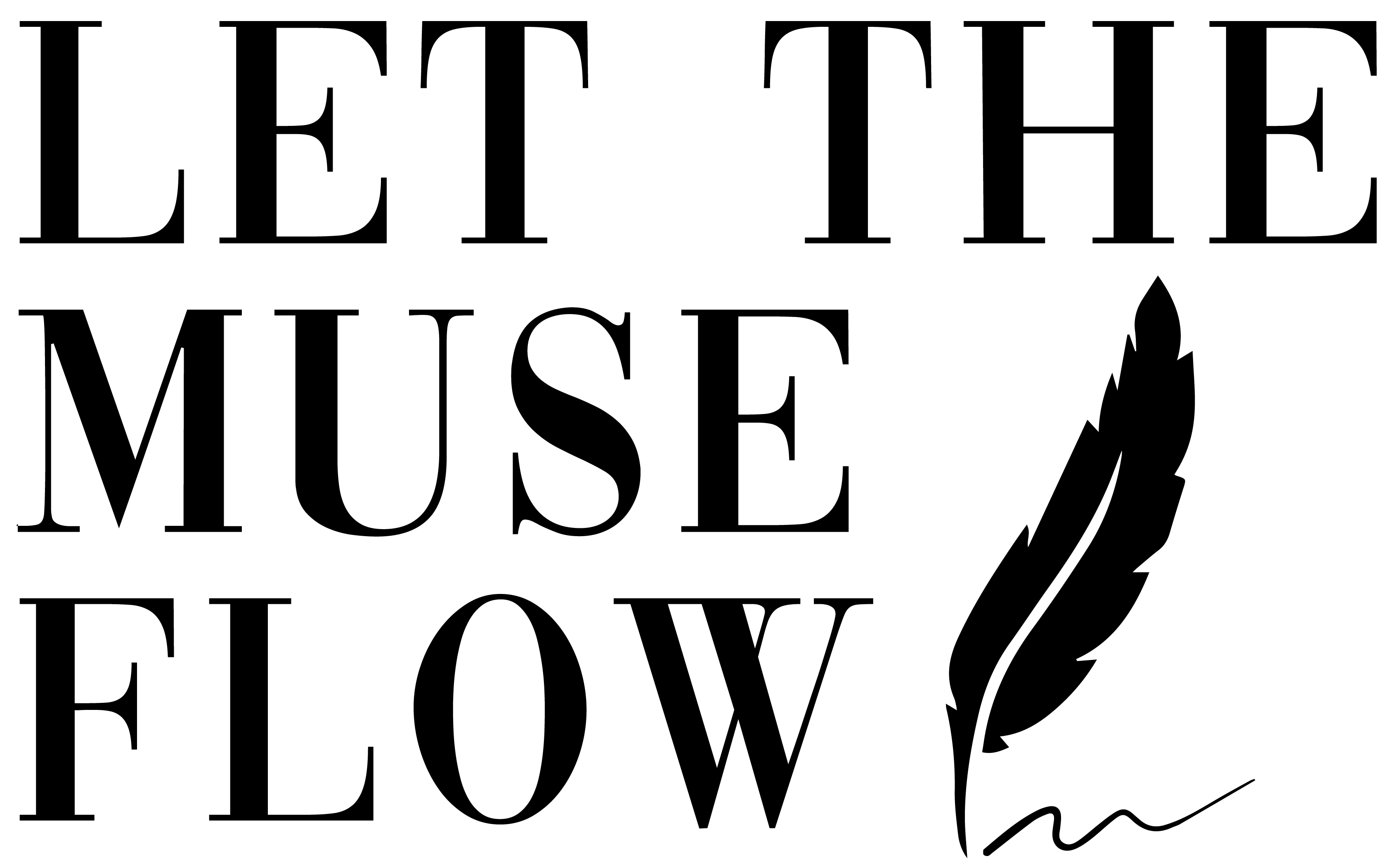
Proposed by Daniel Kahneman, this approach emphasizes using deliberate, analytical thought (System 2) before relying on rapid, unconscious thinking (System 1) to avoid jumping to conclusions and making poor choices based on incomplete data.
I have realised that we should never make half-baked decisions in view of life’s emotional triggers.
Our decisions should be predicated on how well we have processed our emotions.
And when we let our mind bring a strategic pause to rest before arriving at a qualified consensus, we become better decision makers in the process.
Our Ziva meditation practice also espouses the benefits of meditating twice daily. In our meditation journey, things that took months for us to make a decision now happens in a few minutes. Why? Because we feel fast and deep so we arrive at a new now and next. So I’d urge you to embed delayed intuition holistically in your thinking and biology so that you are not in an emotional contradiction. Clarity is not a pursuit; it is naturally conclusive how well we can practice delayed intuition and train our minds and bodies to be in a communal sync with nature.
Reminds me of practising stoicism – more on this in the next post.
Let your mind and hunch to work together so that there’s an emotional embodiment – a way you mind and body talk to each other before you are ready to take an informed decision.
You see, delayed intuition is first detected in your body – and the body never lies when you fester over something for a long time. Our bodies have more information and stuck energy than we think. The perks of meditation? Our mind comprehends this delayed intuition from the body and then thinks intelligently by tuning into its 4th state consciousness – which is above sleeping, waking and dreaming.
Isn’t this powerful?
Which decisions are been impending on you to take?
Photo by Edz Norton on Unsplash

